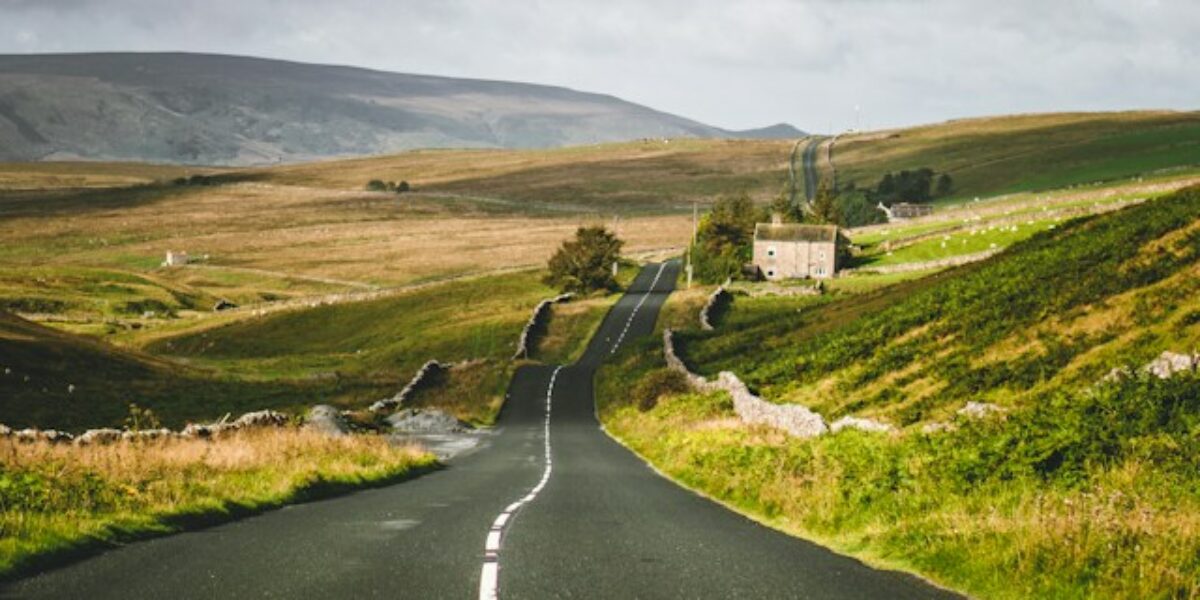Changing lanes
Public Health Wales recommends a new road order after consultation
The introduction of Graduated Driver Licensing (GDL) would save lives in the UK.
That’s the conclusion of a consultation by Public Health Wales.
Road Safety in Wales – A New Road Safety Strategy looked at a host of possible initiatives to improve safety around the roads.
Support for the vulnerable
The consultation results also recommended improvements to walking and cycling options. For example, increasing crossing times and replacing “paint only” cycle lanes with separate lanes.
It believes these options should also be considered by the Welsh Government going forward.
In its response to Welsh Government’s 12-week consultation, Public Health Wales made a number of headline recommendations. It called for a road safety strategy that focuses on public health, addresses inequalities in the harms that result from the road traffic environment, and prioritises walking, cycling and public transport.
Price of experience
A GDL system is designed to help new drivers of motor vehicles gain experience and skills gradually over time in low-risk environments. A wide range of measures could be considered within a GDL. Options may include a period when newly qualified drivers under the age of 25 are not permitted to give lifts to other young people and are not permitted to drive late at night.
Public Health Wales’ position statement for a GDL also recommends a night time driving restriction and a drink drive limit of 20mg per 100ml of blood.
About time
Also recommended was pedestrian crossing wait times should be cut. At the same time, crossing times should be extended.
There was also a call to ensure that cycling infrastructure should be clearly separated from other motor vehicles. It feels that “paint only” cycle lanes are not acceptable to protect cyclists and give them the space needed.
Public Health Wales also outlined its belief that a social marketing campaign should be undertaken to improve understanding as to who pays for the roads. Everyone contributes through taxation, not just drivers, and therefore priority in the road space should be given to the most vulnerable road users.
New road order
Dr Sarah Jones, Consultant in Environmental Public Health at Public Health Wales, said: “Historically, our road network has been built with the prioritisation of private motor vehicle users in mind, but it is becoming increasingly clear that this is not an approach that is fit for the future. A modal shift is required to encourage more people to use transport options such as walking, cycling, or public transport, as an alternative to the car. Only then can Wales hope to develop a road system that supports decarbonisation efforts that will reduce air pollution and address the climate emergency, as well as inequalities in access.
“A road safety strategy is a public health strategy, and all elements of the new strategy should be explicitly considered in terms of how they may be expected to protect, improve or harm health. To this end, Public Health Wales recommends public health specialists are involved in the development of the road safety strategy from the outset.”







